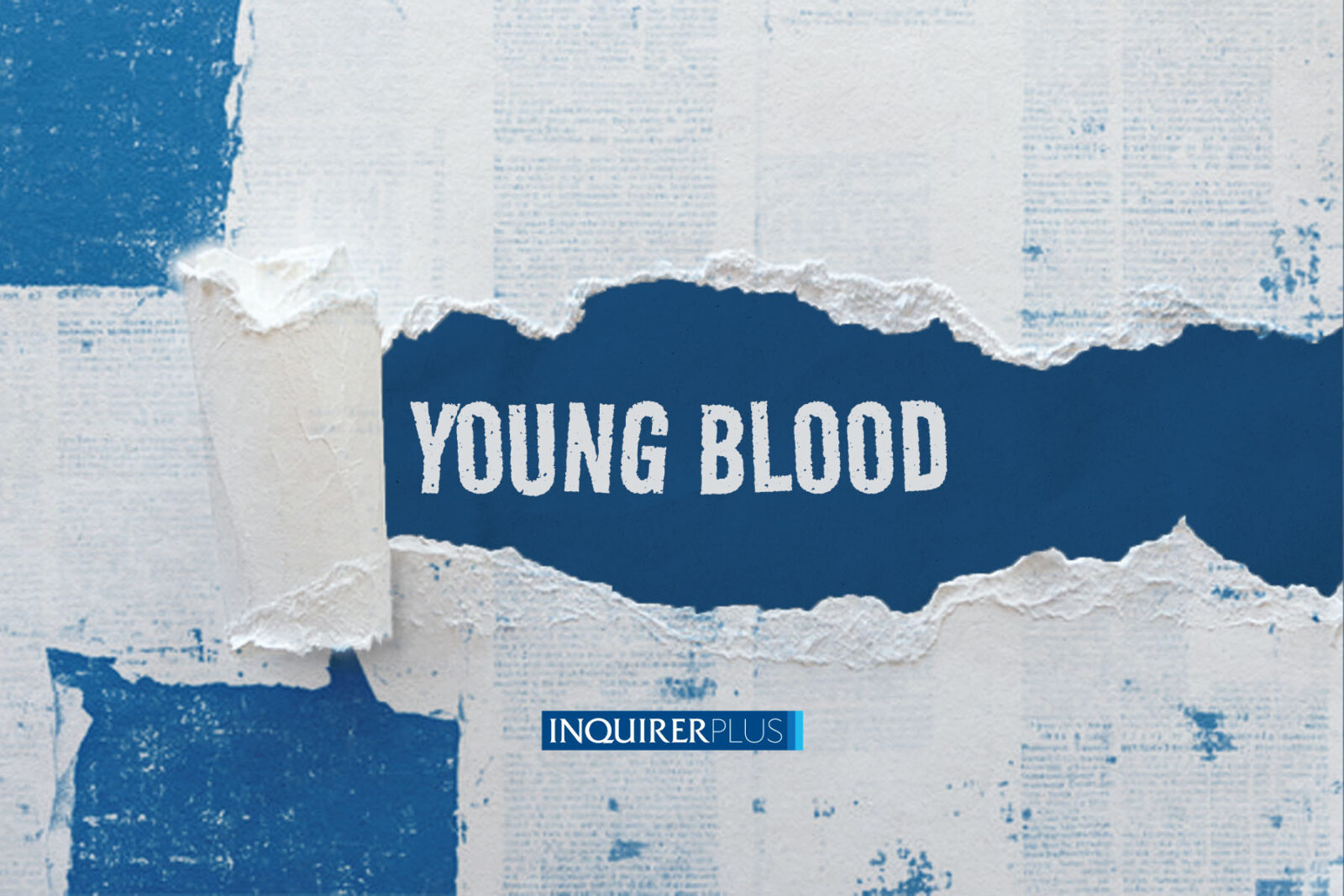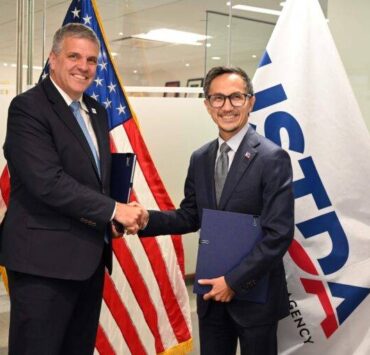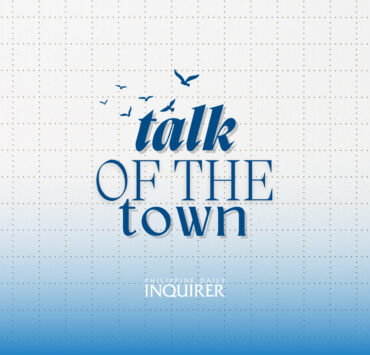Dads and queer sons at the drunken table

There’s a ritual tucked in the corner of manhood: men circling a monobloc table steeped in vinegar chips and roasted meat. They down cheap gin, mythologizing themselves with every gulp. They call it bonding. Brotherhood pulsing like gospel. A rite. A litmus test of “pagkalalake.” The table, a stone altar for the brusque, the Man, the macho.
But to me, that table was a four-limbed Frankenstein, moving on its own monstrosity. A fence of jury witnessing the violence it took for every queer son to undergo yet another baptism. A passage into manhood, wrapped in the amniotic fluid of dominance and disillusionment, soaked in soy sauce and oily “pulutan.”
I was thirteen, stranded in puberty purgatory, when Papa drew a chair for me. “Anak, dito ka.”
When I sat, the angel trumpets faded. His friends patted my back, blind to the snipped wings. “You’re a man now!” Papa howled, pressing a glass into my hand. Every chant urged me forward. The glass heavier than the pink shadow in me.
As they told me to drink it “like a man,” I thought only of twirling in my grandmother’s floral kumot, of Vaseline on my lips, of dancing barefoot with a scarf around my head. But daydreams were yanked away. I was wedged into Papa’s table of wolves. Their machismo, vinegar-spiked pulutan, dirty jokes, and stories of women spilled like shards. Always, the boisterous laughter, a shoulder punched too hard, a slurred Kundiman, someone already asleep.
This ritual was rooted in the belief that alcohol is armor. The elixir of masculinity. A serum for the lionhearted. That was the table’s gospel.
But it taught me something else: that I could never live as a man. Alcohol hollowed out the versions of a “boy” my father wanted. That liquid sloshing in my mouth tasted like the fear of never being enough.
Papa was teaching me his language of love. The table was the only nest he knew for cracking open his shell. The men there didn’t say “I love you,” but they drank enough to let you know you belonged. Maybe, at 13, I was already showing signs of a queer apocalypse. And Papa, knowing only that table, thought he could baptize the glitter out of me. Drown the gay with gin.
After enough sips to pickle my throat, I knew I was queerer than ever. I still screamed at cockroaches, flinched at slasher films, made Barbies from sticks and yarn. I could’ve roared like them, found my voice in glass and ice, but I didn’t. I never belonged.
So I retreated. The alcohol burned. I slumped into my seat, sinking into my pink shadow. I already knew I was a castration of the man he wanted. I carried my queerness like a bruise behind my ribs, learning the drunken table was never meant for girls like me. Girls assigned male at birth, who wore softness with pride, who would grow into trans womanhood like a flower pushing through concrete.
That table was never love, it was a test. An exorcism. One I endured, only for it to backfire beautifully. That was my rebirth: knowing I’d never return. It could never understand the ache of being loved in this body. No matter how often I was called “anak,” I’d never be his machismo, his muscle, his myth.
It’s a strange thing to grieve a plastic table. But it gave me eyes to see I was excluded before I even sat down. And it handed me freedom. For years, I haven’t let alcohol touch my tongue. Alcohol is not a truth-teller; it is a havoc-wreaker. I’ve witnessed its tsunami of violence in the coiled bodies of men bigger than me, seen what it does to them as they tremble in fear and anger before you. I’ve seen how a golden liquid loosens the lips and tightens the fists. I’ve seen alcohol ferment the minds of mortal men, making them believe they are the divine likeness of mythological gods. I remember alcohol being a voice box for deepened frustration, how words could shift from soft cotton to sharp knives without warning. I remember this Dionysian liquid becoming a detonating poison in the tongues of men, spitting warnings and turning the air of fatherhood into danger.
Maybe I’m a failed son. But I’m my own daughter, born from that drunken table. And that is truer of a becoming.
Maybe Papa will understand, someday, that I did sit there. I watched his friends smirk when I said the wrong thing. I saw how they teased me for being “binabae.” I watched him sulk in the absence of the militant boy he wanted. And maybe, after seeing what the table did to his queer son, he’ll understand that I walked away, not out of shame, but clarity.
Because love doesn’t need to be shouted or beaten in, and the only glass I want to raise is a toast to the life I’ve built. In silence. In pride. In glitter. And entirely in my own light.
—————-
Dan Aries Amian, 21, is a transgirl who longs for the cosmopolitan life. Currently studying linguistics, they have a fierce heart for intersectional feminism and the power of queer expression.

















